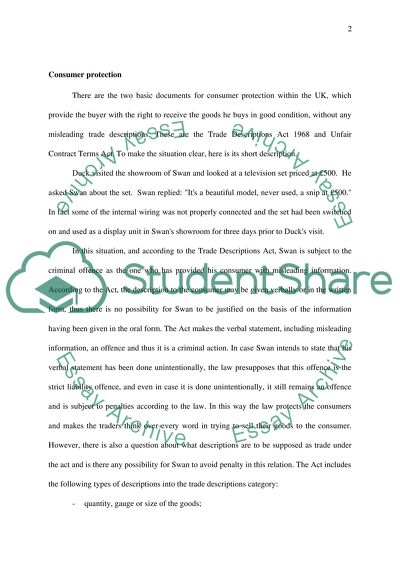Cite this document
(“Consumer Protection Essay Example | Topics and Well Written Essays - 1500 words”, n.d.)
Consumer Protection Essay Example | Topics and Well Written Essays - 1500 words. Retrieved from https://studentshare.org/law/1508430-consumer-protection-essay
Consumer Protection Essay Example | Topics and Well Written Essays - 1500 words. Retrieved from https://studentshare.org/law/1508430-consumer-protection-essay
(Consumer Protection Essay Example | Topics and Well Written Essays - 1500 Words)
Consumer Protection Essay Example | Topics and Well Written Essays - 1500 Words. https://studentshare.org/law/1508430-consumer-protection-essay.
Consumer Protection Essay Example | Topics and Well Written Essays - 1500 Words. https://studentshare.org/law/1508430-consumer-protection-essay.
“Consumer Protection Essay Example | Topics and Well Written Essays - 1500 Words”, n.d. https://studentshare.org/law/1508430-consumer-protection-essay.


